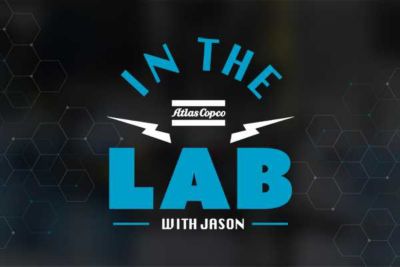Accredited Quality Assurance Calibration is the first step to secure quality control of your production, reducing rework and liability cost. Performed by our calibration experts, all Atlas Copco calibrations fulfill relevant requirements.
Accredited Quality Assurance Calibration service provides you with:
- Measurement equipment calibration certificates following relevant standard
- Accredited lab and accredited on-site calibration services
- Functional test before calibration
- Calibration including adjustment where applicable
- Performed only with traceable reference equipment
- Calibration due-date reminders
- Retrievable calibration certificates for at least 10 years
Frequently Asked Questions
What is the difference between factory and accredited calibration?
Only ISO 17025 accredited providers can perform accredited quality assurance calibrations. The measuring equipment must be traceable to national standards, and measurement uncertainty stated. There are more stringent demands concerning the process, system, training of the technicians, and regularly performed audits. On the other hand, factory quality assurance calibration can be performed by non-accredited providers. This is often a simplified testing procedure, not necessarily traceable and based on national/international standards, and it does not include measurement uncertainties.
What are common calibration lab standards? What is ISO 17025?
When considering calibration, you need to be sure that your tools and measuring equipment are in good hands. ISO/IEC 17025 is a standard defining competence for lab and field calibrations, and it is the core requirement to become an accredited calibration provider. Several OEMs (Original Equipment Manufacturers) use the automotive quality management standard IATF 16949 - International Automotive Task Force. It defines requirements for automotive industry suppliers, stating that calibration must be performed by an accredited lab.
What are common tool calibration standards?
ISO 5393 is an extensive performance test method for power tools, and the Machine Capability Test follows selected parts of this extensive standard. German OEMs developed a new Machine Capability Test standard, VDI/VDE 2645–2, that can define a certification by either certifying the entire tool or certifying the tool for a particular application only. Moreover, this norm covers not only torque but also angle calibration.







